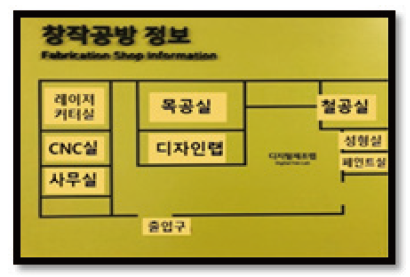Abstract
The purpose of this study is to analyze the meaning of experiences by exploring maker activities in a makerspace targeting preschool teachers. For this, data collection was carried out through interviews with the reflective journals of teachers about the maker's activities conducted during the 5 times periods of the total 10 times periods of the maker education teacher training period. The subjects of this study were 8 preschool teachers, and were conducted for a total of 15 hours, twice a week, 3 hours per session, at the Creative Workshop of the National Science Museum. Participating teachers took advantage of digital production equipment to produce educational materials for early childhood and carried out maker activities with the design thinking process. As a result of collecting and analyzing qualitative data using a phenomenological method for these experiences, three themes and eight subcategories were derived. First, in the subject of the meaning of experience in makerspace, 'Changing in positive perception of digital technology’, ‘Realizing the importance of collaboration and convergence with people in other fields’, and ‘Challenging for STEAM learning’ were derived. Second, In the theme of growth through maker activities, ‘growth through failure in the prototyping process’, ‘growth through collaboration’, and ‘growth through the use of shared digital information' were derived. Finally, in the topic of preparation for implementation of early childhood maker education, the sub-themes of 'Envisioning a classroom makerspace' and 'Recognizing the purpose of maker education' were derived. This study could be provided as materials for meaningful use of makerspace as an educational space for developing teachers' 21st century competency.
Figures & Tables

Fig. 1. Floor plan of the creation workshop for gwacheon national science museum(Lee, 2020)


